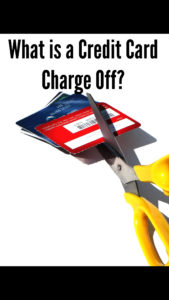By: Robert J. Nahoum
THE PROBLEM:
You’ve come home to find legal papers taped to your door. A closer look reveals that the legal papers are a debt collection summons and complaint – you are being sued you for an old debt.  You are terribly confused because you know this debt has been charged off by the bank years before. How can they sue you if they charged it off?
The Rule:
Many consumers are reasonably confused about what “charge off†means and may even believe they no longer owe a charged-off debt.  In fact, however, that is not the case. The charge-off is an accounting practice internal to the creditor that usually occurs 180 days after the last payment was due.  The bank will usually “charge off†the debt, or write it off as a bad uncollectable debt. In fact, the consumer does continue to owe the charged-off debt.  Furthermore, the creditor may continue to assess interest at the rate set forth in the credit card contract.  However, the creditor may not continue to impose late fees or over-the-limit fees.
If the debt is charged-off and the creditor does not obtain payment through its in-house or third party debt collectors, most creditors will likely sell the debt to a debt buyer. Debt buyers are companies that buy portfolios of charged-off debts from original creditors, often for pennies on the dollar, and then attempt to collect it for themselves.
The distinction between a debt buyer and an original creditor has significant consequences on both how to defend a debt collection case and what the plaintiff must prove in order to win.
If you need help settling or defending a debt collection law suit, stopping harassing debt collectors or suing a debt collector, contact us today to see what we can do for you.
The Law Offices of Robert J. Nahoum, P.C
(845) 232-0202
www.nahoumlaw.com
info@nahoumlaw.com

